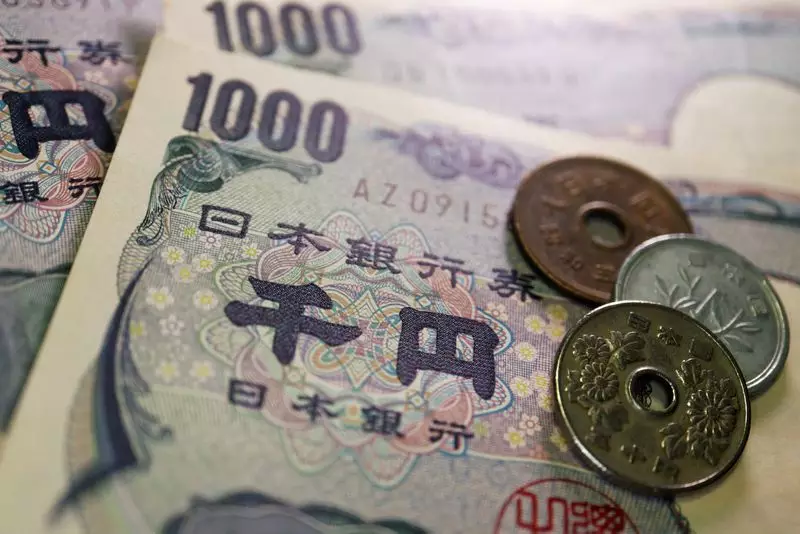In the complex world of global finance, the actions and statements of key economic players hold significant weight. Recently, Atsushi Mimura, Japan’s leading currency diplomat, brought attention to the fluctuations surrounding the Japanese yen as the architecture of yen carry trades continues to evolve. In an insightful interview with public broadcaster NHK, Mimura highlighted the vigilance of Japanese authorities in monitoring currency movements, especially amidst the potential resurgence of these carry trades that can heighten market volatility. This proactive stance reflects Japan’s ongoing commitment to currency stability and the economic well-being of its citizens.
Yen carry trades, a strategy that enables investors to borrow yen at low interest rates and invest in higher-yielding assets, became increasingly prevalent as the Bank of Japan (BoJ) maintained its ultra-loose monetary policy. This trend not only contributed to the depreciation of the yen but also sparked concerns about the broader implications for financial markets. Mimura noted that previous carry trades have largely been unwound; however, there is a lurking apprehension that a renewed influx of these trades could exacerbate volatility. The dynamics of these trades are not trivial — they have a direct impact on investment patterns and can lead to significant swings in the currency’s value.
One of the crucial aspects of Mimura’s remarks was the readiness of Japan’s financial authorities to take action if currency movements significantly deviate from economic fundamentals. This commitment to intervene is particularly important as extreme volatility can adversely affect businesses and households, leading to broader economic challenges. The recent shift in BoJ policy, including the decision to raise short-term interest rates, resulted in a sudden and sharp recovery of the yen. Such actions underline the delicate balance Japan must maintain in fostering economic stability while navigating the risks associated with international investment behaviors.
The transition of leadership within the Ministry of Finance, following Mimura’s appointment as vice finance minister for international affairs, denotes a critical turning point for Japan’s economic policy. The new regime is charged with the oversight of Japan’s currency policy at a time when the global economic landscape is marked by uncertainty. The response to changing market conditions, particularly those influencing the yen, will require an understanding of the interplay between local economic indicators and international trends.
As market participants and policymakers alike keep a watchful eye on the evolving situation, Japan’s strategy will likely continue to pivot around maintaining balance — ensuring that economic foundations are fortified while allowing for necessary market flexibility. The future trajectory of yen carry trades will be pivotal, not only for Japan’s currency but also for the overall global economic environment. With Mimura’s recent comments, it is clear that Japan is prepared to act decisively to safeguard its currency as it confronts the intricate challenges of global finance.


Leave a Reply